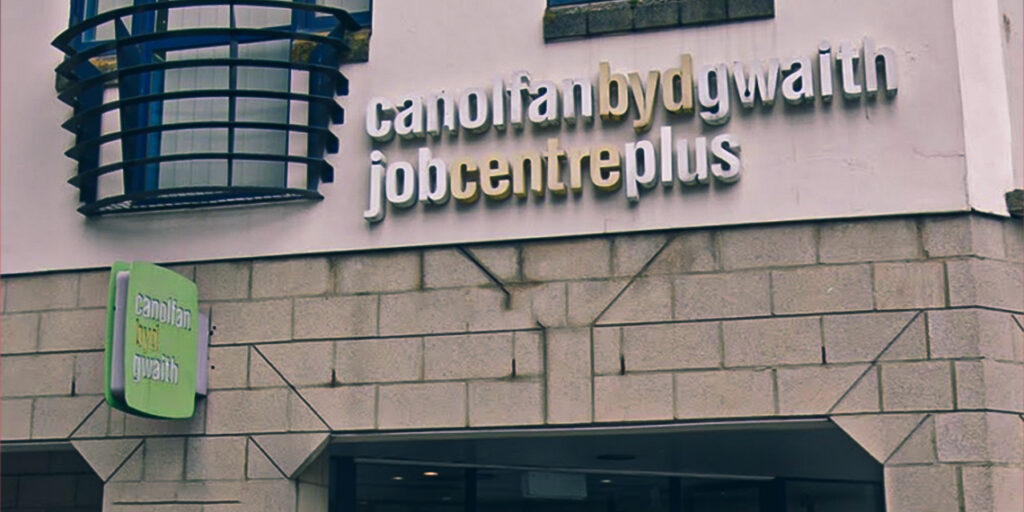UK businesses are shedding jobs at the fastest pace in over four years, with upcoming Budget-driven cost increases accelerating the rate of redundancies, according to a new survey.
While the services sector continues to drive economic activity, overall business confidence remains fragile due to weak demand and soaring payroll costs.
A report from S&P Global revealed that staffing numbers declined sharply in February, marking the steepest drop since November 2020.
The widespread job cuts are being linked to rising wage pressures, as firms struggle with higher payroll expenses and a challenging economic climate.
The UK composite purchasing managers’ index (PMI), which measures business activity across the private sector, fell slightly to 50.5 in February, down from 50.6 in January.
Although any reading above 50.0 indicates growth, the marginal decline suggests that the UK economy is stagnating, with businesses cutting back on staff to offset rising costs.
According to Chris Williamson, chief business economist at S&P Global Market Intelligence, the data for February signals ongoing economic stagnation, with job losses intensifying due to weak sales and increasing costs.
He warned that the UK is entering a stagflationary environment, where slow economic growth coincides with rising inflation, posing a major challenge for the Bank of England’s monetary policy.
Inflationary pressures have been building for four consecutive months, with businesses citing higher salary payments and supply chain costs as the main drivers.
The impending national insurance hike and minimum wage increase, announced in the Autumn Budget, are also contributing to rising input costs, forcing many businesses to adjust their pricing strategies.
Official data released last week showed that the Consumer Prices Index (CPI) inflation unexpectedly rose to 3% in January, exceeding economists’ forecasts.
This unexpected increase adds to concerns that businesses are struggling to absorb cost pressures and are being forced to pass these on to consumers.
Williamson highlighted that many businesses are raising prices to compensate for rising staff costs, but also noted that the Autumn Budget changes have played a significant role in driving job cuts.
February’s employment data showed that job losses reached their highest rate since the global financial crisis, excluding pandemic-related declines.
Alarmingly, one in three businesses that reported reducing staffing levels directly attributed the cuts to fiscal policies introduced in the October Budget.


